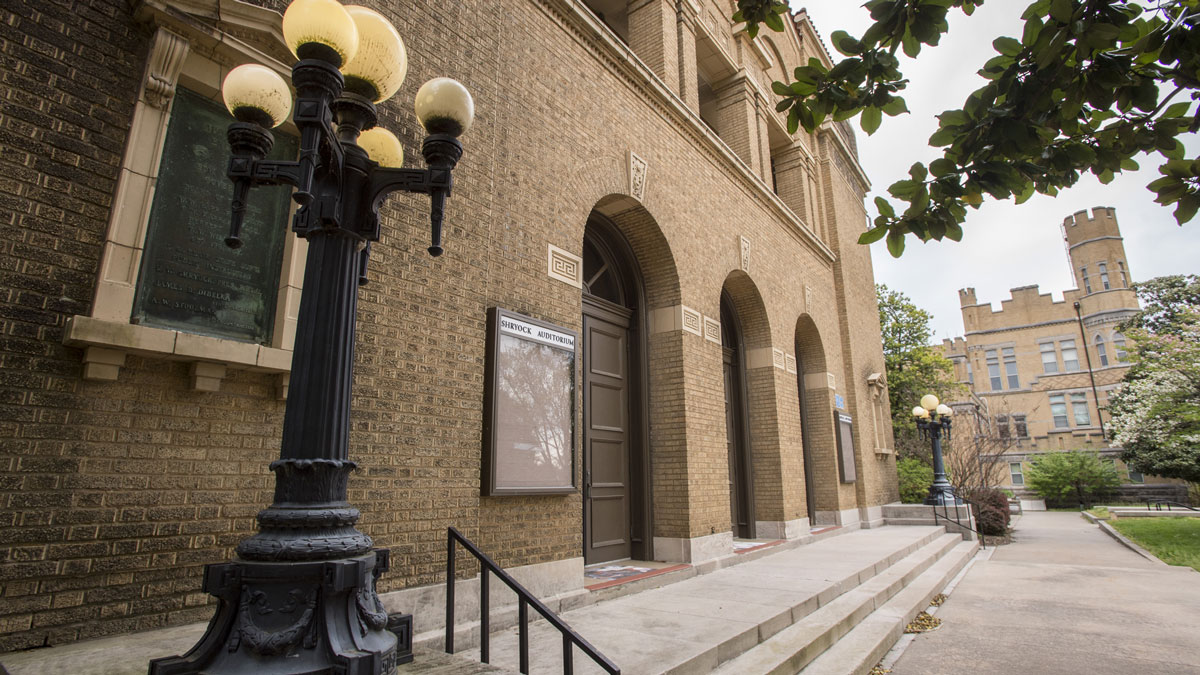
November 22, 2023
SIU brings ‘Amahl and the Night Visitors’ to Shryock stage Dec. 5
CARBONDALE, Ill. — The combined talents of Southern Illinois University Carbondale opera theater students, the SIU Orchestra, Choral Union and Concert Choir will gather next month for a holiday concert that features a classic story of a disabled boy and three visitors from a long time ago.
The one-act opera, “Amahl and the Night Visitors,” is set for 7 p.m. Dec. 5 in Shryock Auditorium. The event is free and open to the public.
The opera is directed by SIU School of Music’s Carissa Scroggins, an assistant professor of practice and voice area coordinator. Darryl K. Clark, associate professor of musical theater dance in the School of Theater and Dance, is choreographing the performance, which will be conducted by Susan Davenport, professor and director of choral activities in the School of Music.
First opera for TV has SIU connection
Written by Gian Carlo Menotti, “Amahl and Night Visitors” was commissioned by NBC and first performed by the NBC Opera Theater on Dec. 24, 1951, in the NBC studios and broadcast live on television, Davenport noted. Set in Bethlehem shortly after the birth of Christ, the show was the first opera written for television.
David Aiken, who was from Benton and attended then-Southern Illinois Normal College, where he studied English, portrayed King Melchoir, one of the three kings, in the world premiere TV production. A bass baritone, Aiken, who died in 2011, continued in that role for several years and later joined the voice faculty at Indiana University.
Aiken “became an advocate for the opera, continuing to perform and support performances of ‘Amahl’ well into the final years of his singing career,” Scroggins said.
Holiday sounds continue
Davenport said the choral union and concert choir, accompanied by the SIU Orchestra, will finish the concert with Mark Hayes’ International Carols Suites.
“The audience can expect to hear at least one holiday carol that they recognize, although many will be in their original languages,” Davenport said. “The medleys of carols include holiday songs from Eastern Europe, Western Europe and the British Isles.”
